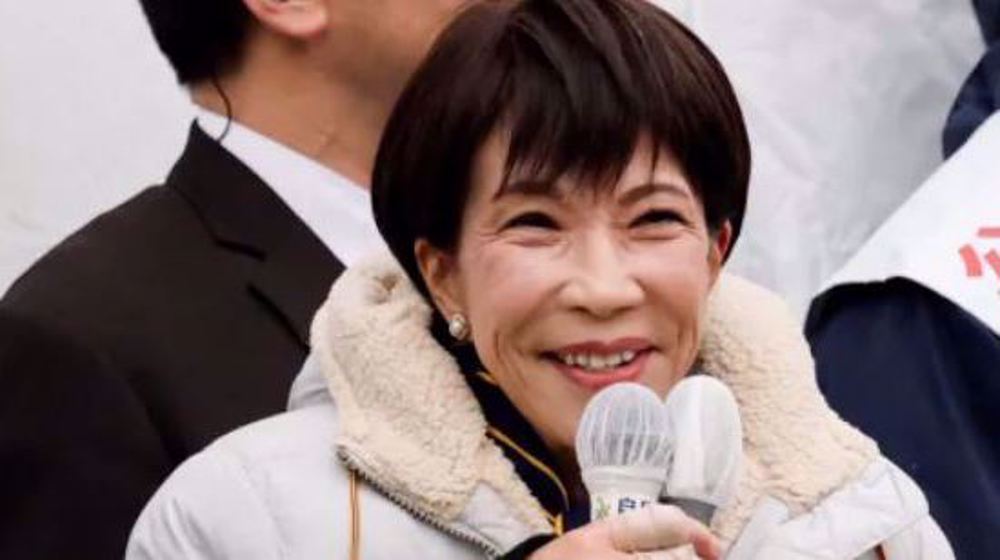Japan refuses to join US, others in condemning China’s Hong Kong law: Sources
Japan has reportedly decided not to join the United States, the United Kingdom and some other countries in “condemning” China over a recently-passed law to safeguard national security in Hong Kong, the semi-autonomous Chinese territory.
According to a report by Japan’s Kyodo news agency on Sunday, Tokyo refused to be in line with the US, Britain and some other states in scolding Beijing for the new security legislation, apparently to avoid generating friction with China, the world’s second largest economy.
The report, citing unnamed officials from countries involved as saying a day earlier, added that a further escalation in tension between Washington and Beijing over the Hong Kong issue could also complicate Tokyo’s plan to receive Chinese President Xi Jinping as a state guest.
President Xi’s visit was scheduled for early April but it has been postponed because both China and Japan agreed to priorities to curb the COVID-19 pandemic.
In June last year, unprecedented anti-government protests began in Hong Kong over a proposed extradition bill. The proposal was later withdrawn but the turbulent demonstrations continued the next several months and became more violent, endangering the lives and property of citizens.
The protesters have been demanding Hong Kong’s full secession since then. Beijing says the US and Britain have been fanning the flames of the unrest in the semi-autonomous international financial hub by supporting the separatist protesters.
On May 28, deputies to the 13th National People's Congress (NPC) voted overwhelmingly to approve the NPC Decision on Establishing and Improving a Legal System and Enforcement Mechanism for Safeguarding National Security for the Hong Kong Special Administrative Region (HKSAR).
The new legislation is expected to criminalize sedition, secession, and subversion against the mainland. It would also pave the way for Chinese national security institutions to operate in the city for the first time since 1997, when Hong Kong returned from British to Chinese rule.
The US, the UK, Canada, Australia, harshly criticized the security law for Hong Kong in a joint statement on May 28, claiming that the newly-approved bill would undermine the city’s autonomy and the “one country, two systems” principle, established more than two decades ago.
Beijing has already rejected the allegations, lambasting them as flagrant interference in China’s domestic affairs.
“The unwarranted comments and accusations made by the relevant countries constitute a flagrant interference in Hong Kong affairs and China's internal affairs,” said Chinese Foreign Ministry spokesman Zhao Lijian on May 29.
He also issued a veiled warning to Tokyo to distance itself from the US and European countries in dealing with sensitive issues, stressing Beijing hopes “the Japanese side will create sound conditions and atmosphere” to realize Xi's visit to Japan.
Beijing insists that the new security legislation does not pose a threat to Hong Kong’s autonomy and the interests of foreign investors, noting that it is merely meant to prevent terrorism and foreign interference there, which were evident in the violent, Western-backed protest rallies and riots there against the Chinese government.
Pezeshkian: Iran not after war; economic pressure meant to tarnish government
Iran’s top security official arrives in Oman amid indirect talks with US
VIDEO | Protests in Italy over US, Israel operatives as winter Olympics get under way
Epstein files fallout: Norwegian police launch corruption probe into veteran diplomat
VIDEO | Iranian embassy in China celebrates Islamic Revolution anniversary
VIDEO | UK police arrest Palestinian journalist, Press TV contributor
VIDEO | Fighting British state
UN chief condemns new Israeli annexation project in occupied West Bank












 This makes it easy to access the Press TV website
This makes it easy to access the Press TV website